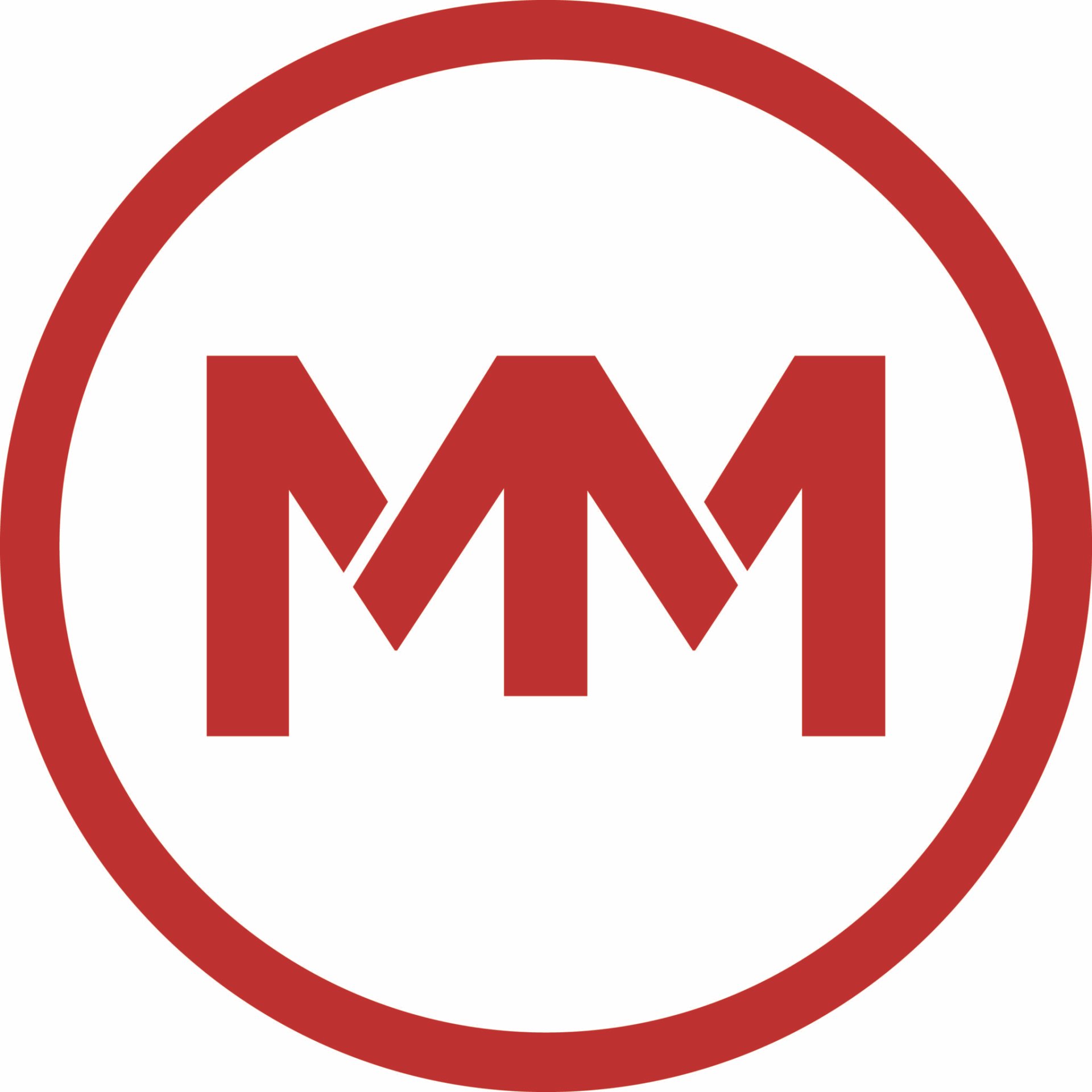Closing costs: What you can expect to pay
When you plan to start your home-buying journey, it may seem like there are a lot of steps you have to take to achieve homeownership. Things like finding a good realtor, getting preapproved, making an offer and even hiring an inspector. Plus, one step that’s commonly forgotten about, closing costs!
But before all these steps overwhelm you, don’t worry! Your Movement is here to help you every step of the way, starting with this blog! So, let’s talk closing costs.
What are closing costs?
Outside of saving for a down payment, closing costs might cause some extra stress when buying a home. But the good news is that if you're thinking about closing costs, you're in the home stretch!
When you "close" on a home, the title of the property you're buying officially transfers from the seller to you, the buyer. This signals the end of what can sometimes be a nerve-racking process. The costs associated with closing on a home consist of fees accrued throughout the entire process and can include*:
- Paying a title company to handle all paperwork
- Paying local government offices for deed recording
- Attorney fees
- Courier charges, if any
- Fees for property surveyors
Buying a new home can be a significant purchase in your life. Considering how much money you're putting up, paying closing costs should give you the peace of mind that everything's being handled expertly and efficiently.
*Additional costs and fees may apply.

How much money are we talking about?
In the USA, homebuyers typically pay 2-5% of the purchase price of their home in the closing process. According to real estate data firm ClosingCorp, the average total for closing costs on single-family homes in 2024 was $6,905. For you, that number may be lower or higher, depending on the price of your home. Just keep in mind that the final amount will be determined by:
- How much money you actually end up borrowing (after subtracting the down payment)
- The type of mortgage you decided to go with
- The type of property
- The city, county or state the property is in
When you complete your loan application, your lender will give you a loan estimate. This will provide you with a ballpark figure of closing costs for your particular situation. Here's what to expect:
- Origination Fee: A fee charged by the lender for processing the loan application, typically ranging from 0.5% to 1% of the loan amount.
- Credit Report Fee: A fee for pulling your credit score and complete credit report.
- Appraisal Fee: The cost of having the property appraised to determine its market value.
- Building Inspector: Fees for a professional home inspection to assess the condition of the property.
- Property Survey: A fee for surveying the property to determine its boundaries and ensure there are no encroachments.
- Legal Fees: Fees paid to attorneys for legal services related to the home purchase.
- Title Search: Fees for conducting a search of public records to confirm the property's legal ownership and check for any liens or claims.
- Title Insurance: Insurance that protects against losses due to defects in the title, with the cost usually based on the home's purchase price.
- Private Mortgage Insurance (PMI): Insurance required if the down payment is less than 20% of the purchase price or if PMI isn’t required for certain loan types.
- Prepaid Interest: Interest that accrues on the loan from the closing day until the end of the first month as a homeowner.
- Homeowner's Insurance: Insurance that covers potential damages to the home and protects against certain risks.
- Points: Fees paid directly to the lender at closing in exchange for a reduced interest rate; one point equals 1% of the loan amount.
- Escrow/Closing Fees: Fees charged by the title company, escrow company, or attorney for conducting the closing process.
- Recording Fees: Fees charged by the local government for recording the sale of the property in public records.
Want to keep costs down as much as possible? Try to schedule your closing towards the end of the month. This can help minimize overall expenses since interest is based on the remaining days in the month.
Can closing costs be negotiated?
Yes and no. Some closing costs — like attorney fees and commission rates — can be negotiable. But most are set in stone. Let's dig in.
NEGOTIABLE
- Homeowner's insurance: Lenders also require that you take out a home insurance policy before buying. Depending on the age and location of your home, this can get expensive. But homeowners insurance policies are available everywhere, so you can shop around. You might even be able to get a discount if you bundle it with your car insurance. But don’t be afraid to look into other discounts; some even offer ones to non-smokers!
- Title insurance: This type of insurance — which can be costly — protects the lender if it's later discovered that there is a lien against the property. This is why a title search is done: to make sure the property is clear. You can shop around for less expensive insurance — title insurance rates can vary from provider to provider — and you can definitely try and negotiate these rates.
NON-NEGOTIABLE
- Appraisals: Before a lender loans you money, you'll need to pay for a home appraisal. The costs will vary according to your home's size and location. Your loan officer puts in the order for the appraisal, so you can't really shop around — or ask for a discount here.
- Lender fees: These costs — which can include underwriting fees, application fees, document preparation fees and processing fees — can not be negotiated down. If a lender charges one customer $2000 in total lender fees, they have to charge you the same.
- State taxes: No matter how much you try, unfortunately, you can't get out of paying state transfer and recording fees. However, they can vary from state and sometimes from county to county.
Who pays closing costs?
The homebuyer covers the majority of closing costs. Buyers can negotiate with the seller to pay some fees, but if it's a seller's market, it’s less likely that’ll happen.
However, you can avoid closing fees as out-of-pocket costs by including them in your mortgage. If you go this route, know that you will incur interest charges on these fees, but at least you won't have to worry about coming up with the extra money on top of your down payment and moving expenses!
Ready to close?
Whether you're getting ready to close or just starting to research the home-buying process, understanding the costs associated with closing will save you from a headache when it comes time to finalize the deal.
But remember, you aren’t alone in this process! Reach out to a Movement loan officer near you to ask any questions and receive any help you may need to achieve your homeownership goals!



